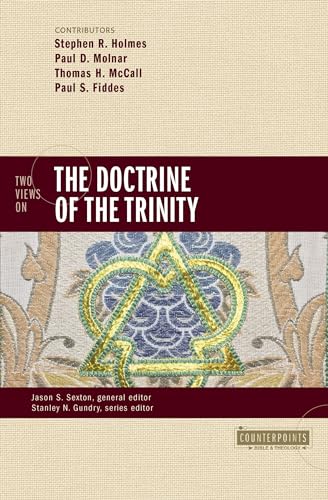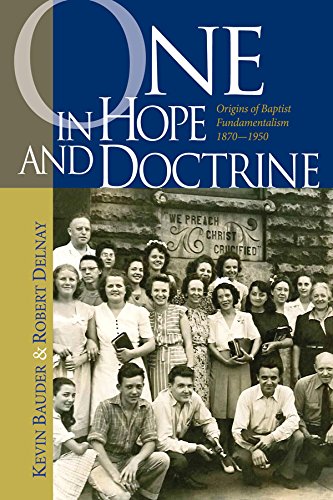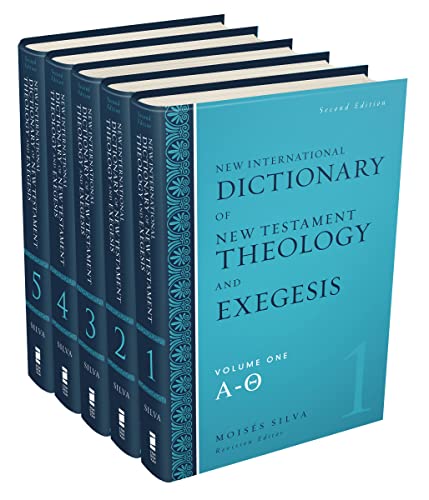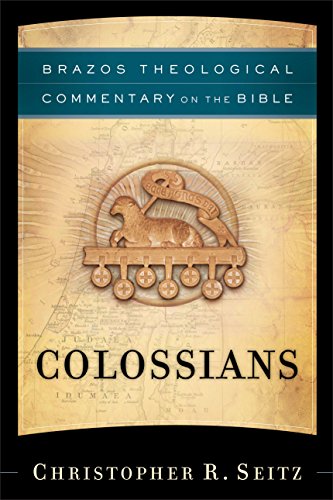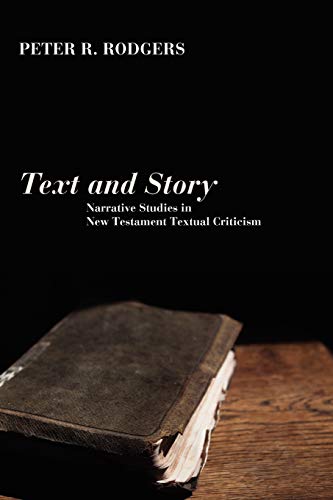Deviant Calvinism: Broadening Reformed Theology
Written by Oliver D. Crisp Reviewed By Forrest H. BucknerIn his most recent contribution, Oliver Crisp, Professor of Systematic Theology at Fuller Theological Seminary, provides a precisely argued, theologically thoughtful, and philosophically rigorous case for the broadening of “what is regarded as appropriately Reformed doctrine” (p. 238). In this “constructive theological project in Reformed theology” (p. 3), Crisp seeks to resource the contemporary church with tools for its “challenges and difficulties. . .about matters vital to the Christian faith in general and the churches of the Reformation in particular” (p. 3).
Chapters 1–3 specifically seek to dispel three widely held myths about Reformed theology, while Chapters 4–8 explore the “scope and nature of salvation” (p. 3), culminating in the reconstitution of (a specific version of) hypothetical universalism.
Using the colloquial term “Calvinism” to refer to the diverse Reformed branch of the Christian church (including Anglicanism), Crisp begins with a chapter on tradition, faith and doctrine. After refuting the myth that Arminians were synergists in their understanding of how faith is acquired, he explains the sources of and hierarchy of authority in Reformed dogmatics. Along with Scripture as the “norming norm” (p. 17) in matters of doctrine, the ecumenical creeds and Reformed confessions are subordinate authorities that witness to and clarify the truth of Scripture. He appeals to the Reformed confessions as authorities throughout the book.
In Chapters 2 and 3, Crisp seeks to dispel two more Reformed theology myths. In Chapter 2, he demonstrates that the justification-in-history view and the two Reformed versions of the justification-in-eternity view are equally viable options for describing the connection between election and justification. In Chapter 3, Crisp dispels the myth that the Reformed tradition (particularly the Westminster Confession) teaches a “hard determinism” in which God specifically causes every human action (p. 75–79). Beyond that, over and against the typical Reformed assertion of compatibilism (that God causes everything and humans freely choose that which is God’s will), Crisp builds the case for a “libertarian Calvinism,” in which God “ordains” (knows in advance and permits) all that comes to pass but allows human freedom of choice in all “mundane” actions that do not directly lead to salvation (p. 87). Crisp perceives his work in Chapters 1–3 as providing ecumenical bridges between Reformed and non-Reformed churches.
In Chapters 4–8, Crisp examines various questions relating to the scope of the atonement, culminating in his demonstration that definite atonement is not the only viable description in the Augustinian tradition. In Chapter 4, Crisp shows that “the central moral and metaphysical intuitions behind Augustinianism are compatible with universalism” (p. 97). In the Augustinian universalist view, God punishes Jesus, thus displaying his justice, while extending mercy to all humanity. However, this universalist possibility leaves the Augustinian with the problem of soteriological evil, namely why a good God would choose to condemn some people (as Scripture seems to indicate) if it were not necessary. In an attempt to rescue Augustinianism from this problem, Crisp sets out in Chapter 5 to rebut Augustinian universalism. In sum, he shows that God is not obliged to create a universalist world in order to act according to his divine nature because creating humans is in itself an act of benevolence (pp. 148–50). In Chapter 6, Crisp sets out to analyze Karl Barth’s non-analytic teaching on election and the extent of salvation from the perspective of analytic theology, finally providing a helpful construction of the “spirit” of Barth’s account that identifies all humanity as already elect in Christ and yet leaves open the possibility that some may reject that election (pp. 170–73).
Chapter 7 is the constructive climax of the volume. In what he calls a “theological clarification,” Crisp forwards an account of hypothetical universalism (along the lines of English Bishop John Davenant, not Moïse Amyraut) “not to endorse the doctrine but to show that it is a viable theological option for those in the Reformed tradition, which should be taken more seriously than it is in current systematic theology” (p. 183). Crisp describes it this way: “According to the hypothetical universalist, Christ really does die for the sins of the world, in keeping with Scripture. His death is ordained as a conditionally sufficient satisfaction for human sin, that is, the sin of all fallen humanity. Those who have faith are redeemed. Yet God provides this gift to the elect alone” (p. 210). The advantage of this position is that it maintains the clear tension in Scripture that Christ’s salvific work is for the whole world (John 3:16) and that God directly elects some to life (Eph. 1:4–5). In contrast, the advocates of definite atonement must explain away the Scripture passages that imply the universal scope of Christ’s redemptive work (pp. 196–97).
Finally, in a postscript to the previous chapter, Crisp rebuts the primary criticism of Universal Atonement, namely the problem of double payment for sins. In short, he argues that even though Christ died for the sins of all, faith is still the condition for appropriating Christ’s work. Those who do not meet that condition are condemned for their lack of faith without an unjust double condemnation of sins.
In order to appreciate Crisp’s contribution, one must recognize his goal and method. This constructive, analytic, and historical work is not a work of constructive systematic biblical theology. Instead, using the tools of analytic theology, Crisp argues for the logical and philosophical possibilities of various theological concepts, not necessarily advocating for their adoption.
Once one acknowledges the specific goals and methods of the book, the reader can appreciate its various strengths. For one, along with employing his sharp analytical tools, Crisp also calls forward voices from the past through “theological retrieval” (p. 214), gaining insight from the work of Jonathan Edwards, B. B. Warfield, Abraham Kuyper, John Owen, Robert Dabney, and Thomas Aquinas (to name a few). Second, in characteristic fashion, Crisp writes in clear, logical prose illuminated by plain, concrete, and often lighthearted illustrations. Third, Crisp forwards the work of Christ-centered ecumenism as he seeks to free Reformed theology from overly narrow interpretations (p. 240). Although not mentioned by Crisp, this is a Reformed goal that directly follows the example of Calvin, who tirelessly sought unity in the Christian church. Finally, in concert with recent work by Richard Muller and others that has substantiated that the Reformed tradition emerged from a variety of theological voices over a number of years, this volume highlights the fact that the resultant Reformed doctrine is similarly not limited to one narrow set of interpretations.
One addition that would have made the book even stronger would be a more overt explanation of the ecumenical benefits of Crisp’s conclusions. For example it is not immediately apparent why removing the barrier between being justified in/from eternity and being justified in time enables ecumenical common ground. Perhaps some of these ramifications and even further systematic and biblical constructive work will be included in a future piece.
In sum, this work by Crisp provides a clear, timely, and worthwhile addition to Reformed theological scholarship today.
Forrest H. Buckner
Forrest H. Buckner
Whitworth University
Spokane, WA
Other Articles in this Issue
The account of Abraham's near-sacrifice of Isaac has been and will likely continue to be violently applied so long as the dominant misunderstanding of the text prevails...
In recent years, a growing cadre of younger historians has begun publishing significant books on the history of American evangelicalism...
Romans 4 remains a central text in the debate over the New Perspective on Paul...
Within the intra-Reformed debate over baptism, covenant theology is a crucial aspect in determining one's position...
‘Fathers of Faith, My Fathers Now!’: On Abraham, Covenant, and the Theology of Paedobaptism
by David GibsonThe figure of Abraham creates a covenantal framework for biblical theology that allows baptism to be considered in relation to the Bible's developing story line...



